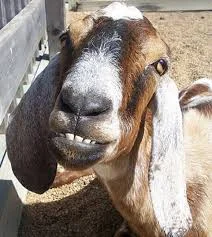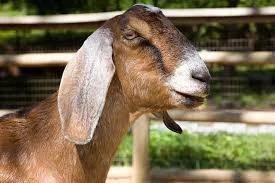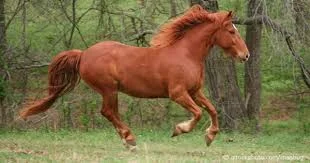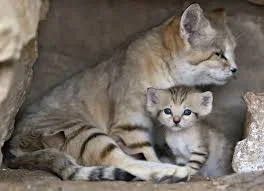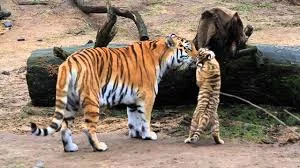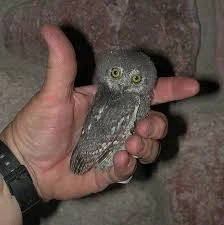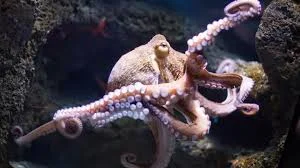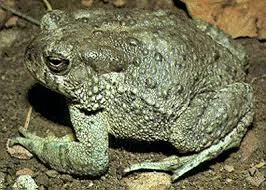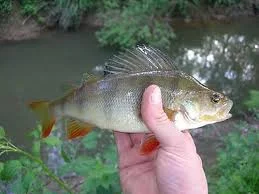Veterinarian vs Zoologist
Let's learn more!
veterinary studies
A veterinarian is someone who is qualified to treat sick or hurt animals. The animals that a veterinarian usually treats are pets like cats, dogs, and other house pets. They also treat farm animals like horses and cows. A veterinarian's job can be very difficult because an animal can not tell the vet what is hurting them. A veterinarian can also spend up to 9 years in school to become a vet.
Interview with Dr JAimie Ronchetto
Dr. Jaimie Ronchetto grew up in the Santa Clarita Valley. A graduate of Hart High School, Dr. Ronchetto went on to earn her undergraduate BS degree from UC Davis, and then graduated with Honors from Ross University School of Veterinary Medicine. As a Ross University graduate, each student spends their final year of study at a state-side vet school. Dr. Ronchetto spent her final year of study at Cornell University Hospital for Animals, rotating through each department.
Upon graduation, Dr. Ronchetto knew she wanted to move back to her hometown to be able to serve the Santa Clarita community and their furry family members. After spending several years in private practice as an associate veterinarian at other hospitals in the Santa Clarita Valley, Dr. Ronchetto is very excited to now open her own veterinary hospital with the aim of giving dogs, cats and pocket pets outstanding quality care in the areas of medicine and surgery
Lily Wright's Interview
What is a Veterinarian
A veterinarian is a medical professional who treats animals that are either sick or injured. They diagnose and control animal diseases. Vets also help owners learn how to properly take care of their pets. Veterinarians provide a wide range of services such as private practice, teaching, research, public health, private industry, and other areas. In my interview with Dr. Jaimie Ronchetto she explained how many things she had to excel in to become a vet. She also offers other great information. Per year a veterinarian can make $88,770, but if the vet is great at their job they can make about $175,000.
Here is a great website to research careers sokanu
Here is a list of what Vetrenarians usually do
- Examine animals to diagnose their health problems
- Treat and dress wounds
- Perform surgery on animals
- Test for and vaccinate against diseases
- Operate medical equipment, such as x-ray machines
- Advise animal owners about general care, medical conditions, and treatments
- Prescribe medication
- Euthanize animals
There are actually different kinds of Vetrenarians
Companion animal veterinarians treat pets and generally work in private clinics and hospitals. They most often care for cats and dogs, but also treat other pets, such as birds, ferrets, and rabbits. These veterinarians diagnose and provide treatment for animal health problems; consult with animal owners about preventive healthcare; and carry out medical and surgical procedures, such as vaccinations, dental work, and setting fractures.
Food animal veterinarians work with farm animals such as pigs, cattle, and sheep, which are raised to be food sources. They spend much of their time at farms and ranches treating illnesses and injuries and testing for and vaccinating against disease. They may advise farm owners or managers about feeding, housing, and general health practices.
Food safety and inspection veterinarians inspect and test livestock and animal products for major animal diseases, provide vaccines to treat animals, enhance animal welfare, conduct research to improve animal health, and enforce government food safety regulations. They design and administer animal and public health programs for the prevention and control of diseases transmissible among animals and between animals and people.
zoologist studies
What is a Zoologist
Zoologists usually specialize in either vertebrates or invertebrates and then in also study specific species.
Below are some catagories that Zoologist study and make a living:
Zoologists and wildlife biologists typically do the following:
- Develop and conduct experimental studies with animals in controlled or natural surroundings
- Collect biological data and specimens for analysis
- Study the characteristics of animals, such as their interactions with other species, reproduction, population dynamics, diseases, and movement patterns
- Analyze the influence that human activity has on wildlife and their natural habitats
- Research, initiate, and maintain ways of improving breeding programs that support healthy game animals, endangered species, or other wild populations of land or aquatic life
- Estimate, monitor, and manage wildlife populations and invasive plants and animals
- Develop and implement programs to reduce risk to human activities from wildlife and invasive species, such as keeping wildlife from impacting airport operations or livestock and crop production
- Write research papers, reports, and scholarly articles that explain their findings
- Give presentations on research findings to academics and the general public
- Develop conservation plans and make recommendations on wildlife conservation and management issues to policymakers and the general public
A zoologist studies animals either in their natural habitat or in captivity. A zoologist does not have to research all animals. They can choose a particular species or groups of species. A zoologist can make $60,520 as of May 2016. The lowest-paid 10 percent of Zoologists earn less than $39,150 annually, while the highest-paid 10 percent earn more than $98,540 annually.
Zoology is the branch of biology that studies the animals in their natural habitat to see what their habits are in the wild. Zoologists research both living and extinct animals.
A zoologist has to do get a four-year bachelor's degree in zoology. Other suitable majors include wildlife biology, ecology or general biology. A zoologist also has to be skilled in chemistry, physics, cellular biology, ecology, animal anatomy, and math in order to get more jobs. So there is 5-7 years of college to become a zoologist. A zoologist also does a lot of traveling nationally and internationally to see animals in their natural habitat. Zoologists may also study animals in a laboratory. Zoology is also divided into different fields which are Mammalogy (study of mammals), Ornithology (study of birds), Herpetology (study of reptiles and amphibians), Ichthyology (study of fish), Cetologists (study marine mammals), Entomologists (study insects), Teuthologists (study cephalopods), Malacology (study of mollusks), and Helmintology (study of worms).
The following are some my own experiences with the following zoological studies.
- Cetologists study marine mammals, such as whales and dolphins -I have been on a whale and dolphin tour to the Channel Islands
- Entomologists study insects, such as beetles and butterflies. -I have hatched butterflies from caterpillar to chrysalis observed metamorphasis and have released native butterflies
- Herpetologists study reptiles and amphibians, such as snakes and frogs. -I have studied and observed local frogs and toads in both New Hampshire and California
- Ichthyologists study wild fish, such as sharks and lungfish. - I have done a lot of fishing on Lake Sunapee NH catching mostly Rock bass and Perch, I have also observed local rattlesnakes, gopher snakes and gardner snakes.
- Malacologists study mollusks, such as snails and clams. -Going to the Jersey shore I have done saining adventures on the Barnaget Bay home to many snails and clams
- Mammalogists study mammals, such as monkeys and bears. -I have seen a bear in New Hampshire and I have been to the Gibbon center in Canyon Country CA
- Ornithologists study birds, such as hawks and penguins. -I have owned several species of birds Backyard Chickens, Russian Quail, Guinea Fowl and a parakeet, I have also observed the Pygmy Owl in my yard at night along with red tails hawks, peregrin falcons and lots of birds!
- Teuthologists study cephalopods, such as octopuses and cuttlefish -studying octopus in there native environment on Catalina Island CA was a dream come true




